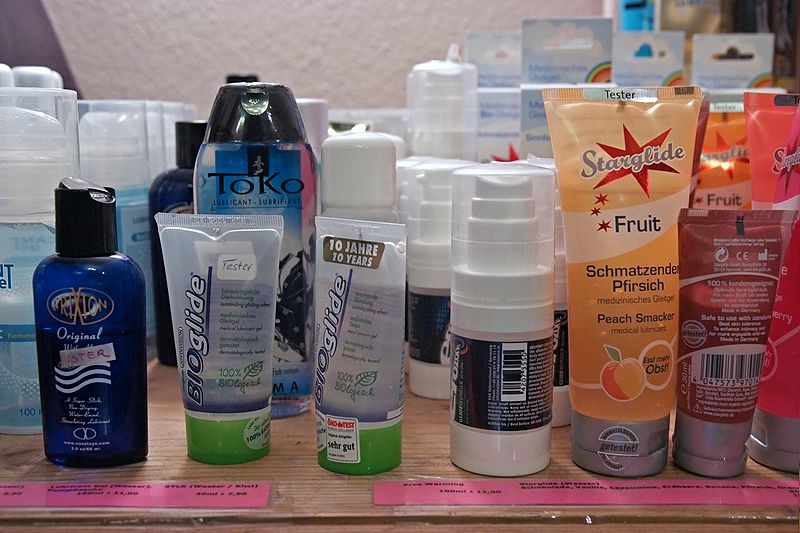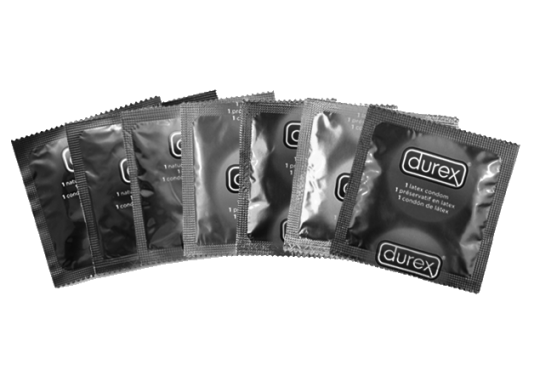
Lube and foreplay are known as helpful extras when it comes to sex. They increase stimulation in participants and can add a fun little flair to an already awesome sex session.
Many sexually active people know the essentials to safe sex as putting on a condom. Wear the glove before you make some love, right?
However, many do not know other safety concerns that should be under consideration when having sex. These health risks range from allergies, chemical imbalances and condom breakage.
First and foremost, these tips are not to discourage people from using condoms or other contraceptives. Safe sex is always the best option (and you should make it the only option).
Condoms, dental dams, and diaphragms are just a few of the contraceptives that can be used during sex—but one issue that many people face includes allergies to the materials used in these devices.
Latex allergies are fairly common, which can raise a problem since the majority of condoms are made out of latex. If you have an allergy, it is important to use latex-free condoms, made out of materials such as silicone or sheepskin.
This rule applies to any and objects used in sex, foreplay and things of that nature. Always ask your partner about possible allergies and plan your protection accordingly.
Making sure you have the proper materials can also be an issue with lube. Lube should be a no-brainer for penetrative sex, but not all lubes should be used.
The most commonly recommended lubes are water- or silicone-based. These products have low instances of causing problems such as breaking condoms or allergic reactions.
Oil-based products such as Vaseline, on the other hand, should never be used. They deteriorate condoms and increase the risk for breakage, which in turn increases the risk of Sexually Transmitted Infections and pregnancy.
The choice of lube also includes other, more complicated products. Many lubes or condoms come with extra sensational qualities. What people don’t want their dicks and pussies to tingle like pop rocks? THAT SOUNDS AWESOME!
Unfortunately, these products include chemicals that are unnatural in the body and are harsh on the genitalia. Chemicals in these lubes imbalance the pH in the vagina and the anus, and though the vagina is a self-cleansing organ, the rectum is not.
This issue of cleansing brings up the idea of doucheing. Many douches come with liquids that have chemicals unsafe for the vagina and rectum. If you douche, you should wait to havehave sex for at least 3 hours afterward.
And finally, another issue concerns the use of food as foreplay or as stimulation. Whipped cream on the boobs, penis fudge sundae, yummm—right?
Well, this practice can be VERY problematic. Food can be very sexy as foreplay and stimulation, but very dangerous when used towards or inside genitalia.
One Planned Parenthood educator’s tip puts it quite simply. When using food, keep it “North of the Pole, South of the hole!” Keep it out of your junk.
Using certain products can be great for sex and foreplay. But you need to be careful about what exactly you use.
Be open with your partner about your allergies and continued healthy view towards your sex life. Always make sure your sex is the healthiest it can be.






